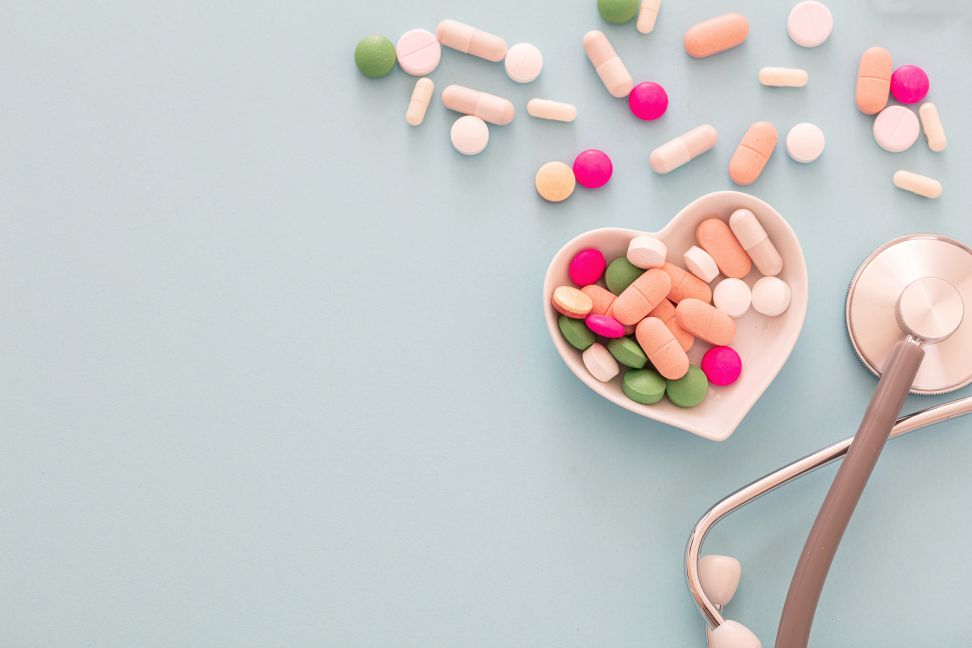Is there something such as too much sex? Can it be harmful? What counts as sex addiction? What is hypersexual disorder? Let’s learn about all this.
Hypersexuality or compulsive sexual behavior refers to intense sexual emotions and sexual desires. Hypersexual Disorder is a diagnoses listed and defined by DSM-5 which is a diagnostic manual for psychological disorder, so hypersexual disorder symptoms is a psychosexual disorder. Hypersexual Disorder or sex addiction is a psychosexual disorder defined by DSM-5 as a continuous pattern of failure to control intense, repetitive sexual urges over a period of 6 months leading to problems in personal and professional life.
This excessive sexual behavior is a serious abnormal mental health condition that has largely been ignored by psychiatrists, although this condition gives rise to severe psychosocial problems for many people. The absence of complete disease from the version of diagnostic and statistical manual of mental disorders results in a lack of empirical evidence on sexual addiction. Addiction is not restricted to drugs and alcohol. It may be of sex also and it gives rise to hypersexual behavior. Hypersexual behavior may interfere with family time, destroys relationship and marriages and may create financial problems.
Controversy about hypersexual behavior

Sex addiction remains controversial and under debate, as many experts do not view it as a disorder or true addiction. In contrast to it, analysts and clinicians consider it abnormal because excessive sexual urges more than normal label it as a disorder. Sexual behavior is normal but your sexual behavior brings a negative impact to the individual personality as well as increases crime rates such as rape, child abuse, and other unethical activities.
Some psychologist favors hypersexual addiction as a phase of life and not as a true addiction by saying that addiction to alcohol and drugs make visible changes in the brain of addicted people while three brain changes are not observed in sex addiction.
Although this debate remains unsolved to consider sexual addiction as the disorder is valid or not but common sense does not recognize hyperstimulation of anything as normal behavior. Secondly, hypersexual behavior, over-sexual desires, and urges prominently disturb normal life, career, and relations. So we cannot deny the fact that these emotions should be controlled and managed within safe limits that do not create trouble for a person himself as well as for others.
Symptoms of Hypersexual Disorder
The sign and symptoms of hypersexual disorder remain similar in males and females. Individuals with hypersexual behavior may be struggling with the following indications
- The person may have intense and recurrent sexual fantasies that feel out of his control
- The person may be compelled to exhibit certain sexual behavior and later on feel remorse or guilt
- The person may try to escape other problems like depression, anxiety, and stress by using compulsive sexual behavior
- The person may face difficulty in maintaining stable and healthy relationships.
- According to DSM- these symptoms must persist over 6 months and may cause problems in personal, acadamic or preofessional life.
Causes
Hypersexual disorder or sex addictive behavior possesses some definite underlying mental health conditions such as anxiety, depression, or post-traumatic stress disorder. Possible causes of hypersexual behavior include
- Imbalance in chemicals: Research indicates that hypersexual behavior may relate to a certain chemical imbalance in the brain called neurotransmitters
- Changes in neural pathways: In the brain neural pathways resemble the complex wirings that may change due to hyper-sexual activity. This alteration in neural pathways makes it more difficult to overcome addiction because of unwanted reactions on trying to pause it.
- Childhood abuse: Data records show that individuals with hypersexual behavior have a history of childhood abuse that definitely imparts negative effects throughout their life.
Health risks
Hypersexual disorder can lead to certain serious physical and mental diseases. Hypersexual activities have a higher correlation with unprotected sex and increases the risk of sexually transmitted diseases such as (Hepatitis, AIDS, Chlamydia, Gonorrhea, HPV, and Syphilis) to many folds.
Treatment for Hypersexual Disorder

Clinicians recommend a multifaceted approach for the treatment of hypersexuality because of its complexity. Different modes of therapy are employed and whatever the choice of treatment must depend on the specific need of patients.
Self-help
The patient’s own consideration to control his hypersexual behavior is essential for the treatment. He must identify the situations, feelings, and thoughts that trigger sexual compulsions and steps should be taken to avoid and manage them. He must practice relaxation and learn stress management. If he is using sexual behavior to cope with negative emotions then he must adopt healthier ways to deal with anxiety, depression, and stress.
Cognitive-behavioral therapy
Cognitive-behavioral therapy is effective for the treatment of paraphilias and drug-induced hyper-sexual behavior. Behavioral therapy helps to get control over hypersexual behavior by imaginal desensitization.
Psychotherapy
Psychotherapy is effective in the treatment of hypersexual behavioral pattern that resembles personality disorders with attention given to basic self-esteem, identity, and interpersonal disorders.
Medications

Certain classes of medications are used to treat hypersexual behavior by reducing obsessive thoughts or by reducing sexual desires. Such medications include
- Antidepressants: Used to treat depression and help with compulsive sexual behavior
- Naltrexone: it used to get rid of alcohol or opiate dependence and help with behavioral addictions or gambling disorders.
- Mood stabilizers: They are typically effective for bipolar disorders but help to reduce compulsive sexual urges.
- Anti-androgens: This class of medications helps to minimize the biological effects of sex hormones as it reduces sexual urges.
Conclusion
Hypersexual disorder or sex addiction is a mental disorder that needs to be managed in the same way as physical disease or disorder. This compulsive behavior tends to harm the person’s own personality and life as well as cause distress to other people. Hypersexual behavior is a social disorder that doesn’t limit to a specific person but affects the whole community and society. Self-help and group counseling are more effective to treat compulsive behavior than medications and pharmacotherapy.








